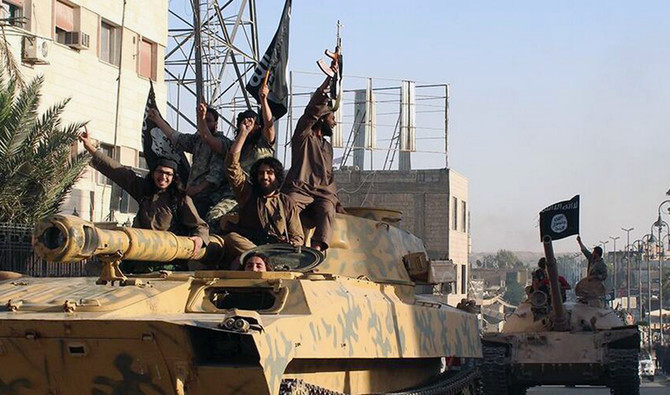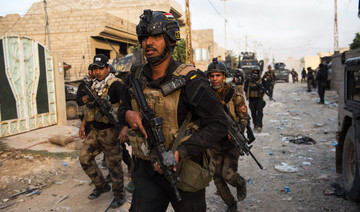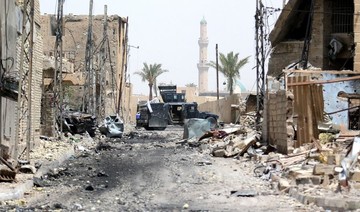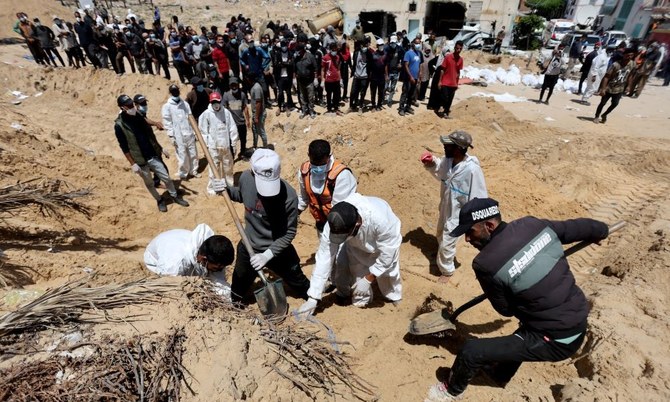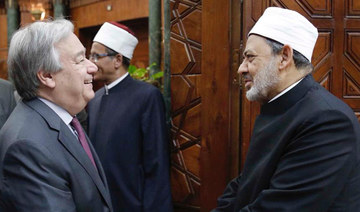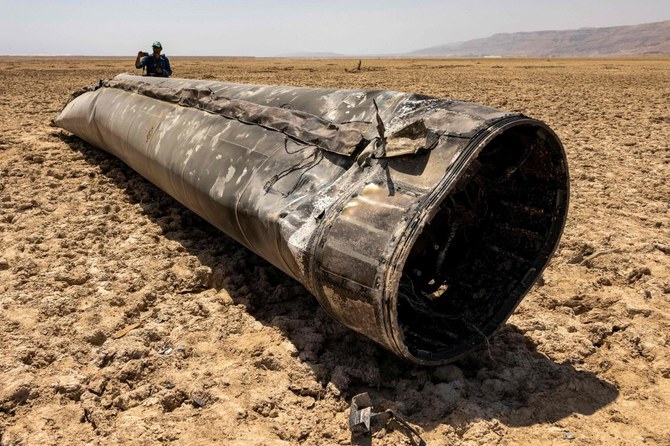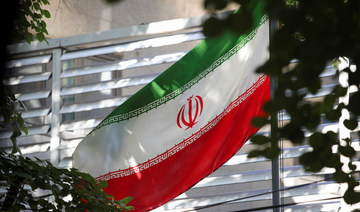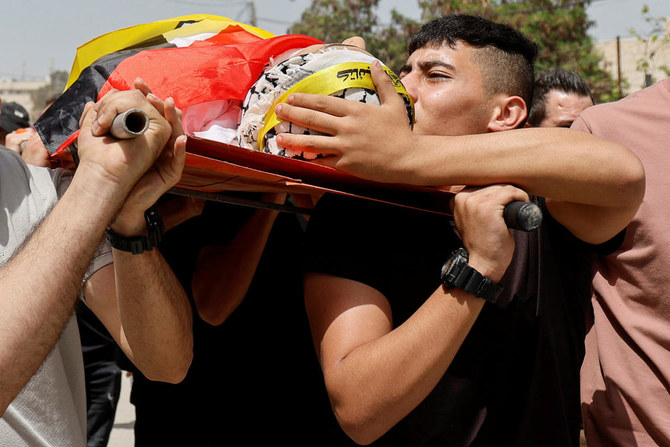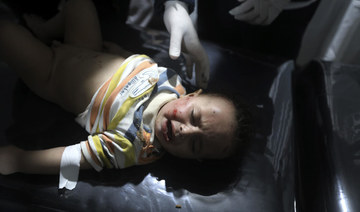BEIRUT: After being nearly defeated on the battlefields of its would-be caliphate, Daesh has reverted to what it was before its spectacular conquests in 2014, analysts say — a shadowy insurgent network that targets civilian populations with guerrilla-style attacks and exploits state weaknesses to incite sectarian strife.
In Iraq and Syria, hardly a week goes by without the group staging an attack on a town or village, keeping its opponents on edge even as it fights US-backed forces advancing on the last remaining slice of territory under its control near the countries’ shared border.
Hisham Al-Hashimi, a Daesh expert who advises the Iraqi government, said the group now operates like it did in 2010, before its rise in Iraq, which culminated four years later with the militants seizing one of Iraq’s biggest cities, Mosul, and also claiming the city of Raqqa in Syria and declaring a “caliphate” across large areas of both countries.
Al-Hashimi said the world’s most dangerous insurgent group is trying to prove that despite losing its territorial hold, “it still has long arms to strike.”
While it fends off attacks on its remaining pockets in Syria, a recent surge in false claims of responsibility for attacks also signals that the group is struggling to stay relevant after losing its proto-state and its dominance on the international news agenda. The main figures behind the group’s once sleek propaganda machine have mostly been killed. Raqqa fell a year ago this month, and the group has lost all but 2 percent of the territory it held in Iraq and Syria.
There are concerns, however, that while Daesh may never be able to recreate the kind of territorial hold it once had, it is trying to latch on to new territory.
One of the group’s deadliest attacks since the collapse of the supposed caliphate came in late July, when dozens of masked Daesh fighters stormed the southern city of Sweida and nearby villages inhabited by members of Syria’s Druze minority, gunning down more than 200 people and kidnapping about 30, mostly women and children.
The ambush shook the community, which had stayed on the sidelines of Syria’s seven-year civil war and took many by surprise, raising fears that as the militants are on the retreat, they will try to regroup in remote pockets of territory like this once quiet corner of the country.
Last month, Daesh fighters stormed the northern Iraqi village of Gharib, killing three villagers and wounding nine after residents refused to collaborate with them and give them supplies such as food and ammunition. Last week, Daesh attacked the village of Saadiyeh, south of the northern Iraqi city of Mosul, killing three and abducting one.
The group regularly stages attacks in villages in the provinces of Diyala, Salahuddin and Kirkuk and elsewhere, targeting local officials or police because they work for the state.
Iraqi military spokesman Big. Gen. Yahya Rasoul said this week that security forces have begun a broad operation in the western province of Anbar that borders Syria to take out Daesh sleeper cells.
Analysts warn that this could be the beginning of a new resurgence of the group similar to the one that preceded their rise in 2010, after many thought the group’s predecessor had been defeated during the US surge there in 2007.
Hassan Hassan, senior research fellow at George Washington University’s Program on Extremism, wrote in a recent article that Daesh has been able to undergo an orderly transition from caliphate to insurgency without fracturing.
Last month, US-backed Syrian fighters of the Syrian Democratic Forces began a final push to retake Hajjin, the last pocket held by Daesh on the eastern banks of the Euphrates River near the Iraq border. They have had to advance slowly as the extremists rely on mines, snipers fire and suicide attacks in defending their positions.
Clashes this week in the Syrian village of Sousah left more than two dozen fighters on both sides dead as Daesh fighters took advantage of a sandstorm and bad visibility to attack SDF positions.
It’s not clear how many militants are still fighting with Daesh. A UN report released in August said Daesh has up to 30,000 members distributed roughly equally between Syria and Iraq, and said its global network increasingly poses a threat.
The UN report said that despite the defeat of Daesh in Iraq and most of Syria, it is likely that a reduced “covert version” of the militant group’s “core” will survive in both countries, with significant affiliated supporters in Afghanistan, Libya, Southeast Asia and West Africa.


